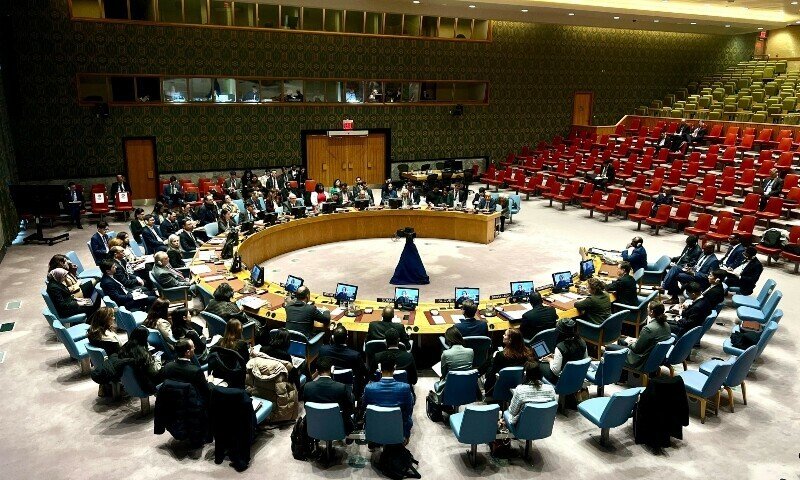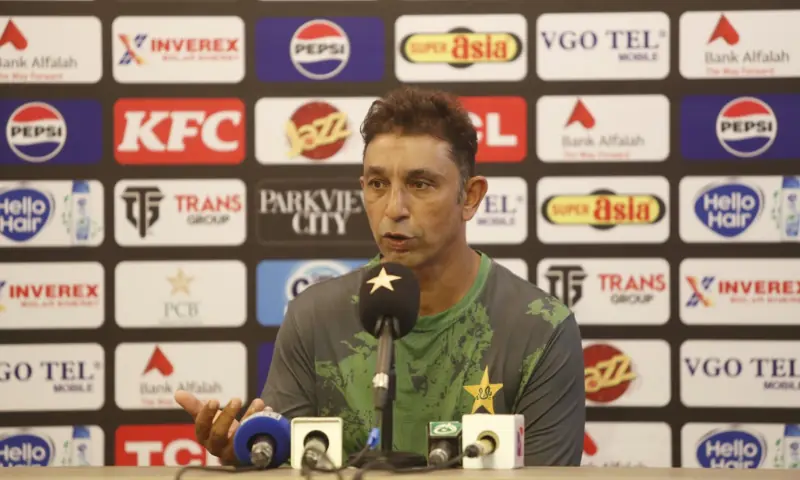Pakistan was appointed vice president of the UN Anti -terrorism Committee of the UN Security Council (CSNU) on Wednesday.
The Committee was established by Resolution 1373 (2001) of the UNSC, unanimously adopted on September 28, 2001, after the terrorist attacks of September 11 in the United States.
The Committee, which includes the 15 members of the CSNU, has the task of monitoring the implementation of the previous resolution, which requested the countries that implement several measures aimed at improving their legal and institutional capacity to counteract terrorist activities at home, in their regions and worldwide.
Pakistan was also appointed head of the CSNU committee established in accordance with Resolution 1988 (2011), which supervises the implementation of sanctions measures in the Afghan Taliban.
In a press release, Pakistan’s mission to the UN called for appointments a “significant diplomatic development.”
He added that Pakistan was also appointed co -president of the informal work group of the CSNU (IWG) on documentation (work methods) and the recently established IWG on sanctions.
The IWG on the documentation focuses on improving work methods, transparency, efficiency and inclusion of UNSC.
The IWG on sanctions issues aims to review and improve the design, implementation and effectiveness of UN sanctions regimes.
“These appointments represent a recognition of Pakistan’s active commitment to the United Nations system, including their constructive role as an elected member of the Security Council,” said the press release, added: “They are also an international recognition of Pakistan’s anti -terrorist efforts.”
Pakistan, he said, remained committed to working with the UN and the Member States to advance the principles and purposes of the UN Charter, as well as playing his role in the global struggle against terrorism in collaboration with his international partners.
Pakistan began a period of two years as a non -permanent member of the CSNU the first day of the New Year.
This marks the eighth mandate of Pakistan in the Council, providing the opportunity to shape discussions on fundamental international issues, but also raising significant challenges.
Chosen in June to replace Japan, Pakistan occupies one of the two seats in Asia and the Pacific in the UNSC. The Council will preside over in July, a key opportunity to establish the Foster agenda and dialogue.
While only permanent members have the power of the veto in the Council, non -permanent members exert a significant influence on the committees of sanctions related to terrorism, since decisions are made by consensus under the established norms.
The term of Pakistan coincides with high tensions in conflict areas such as Gaza, Kashmir and Syria.






